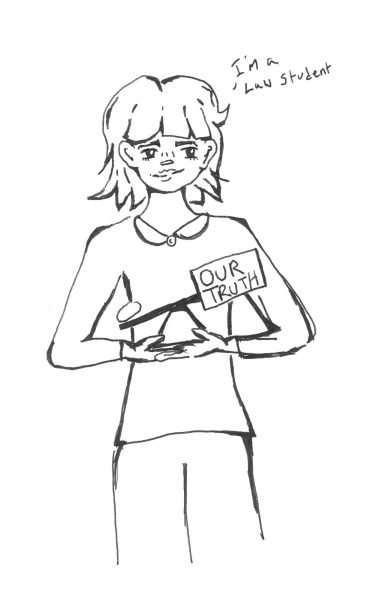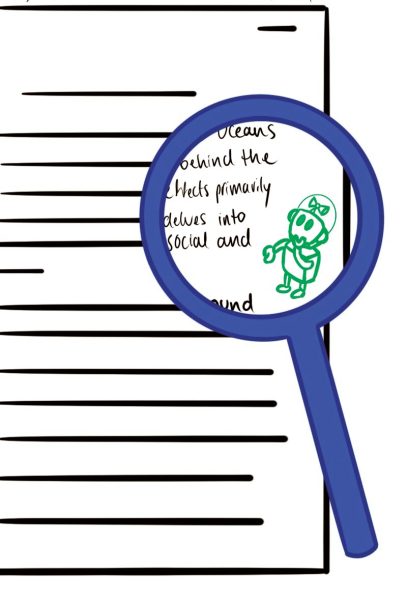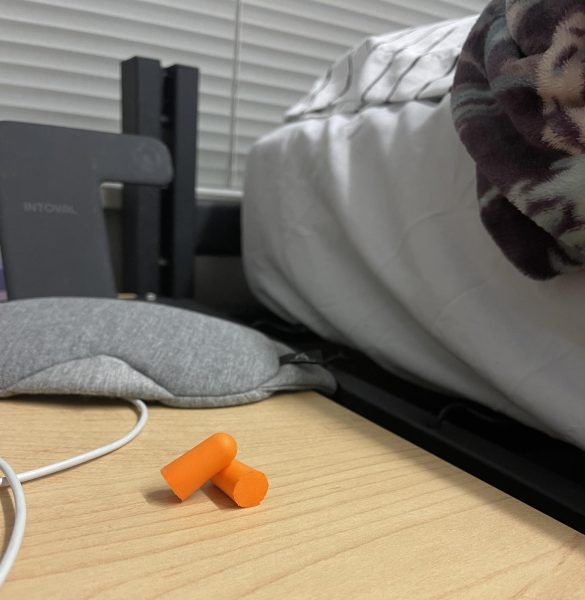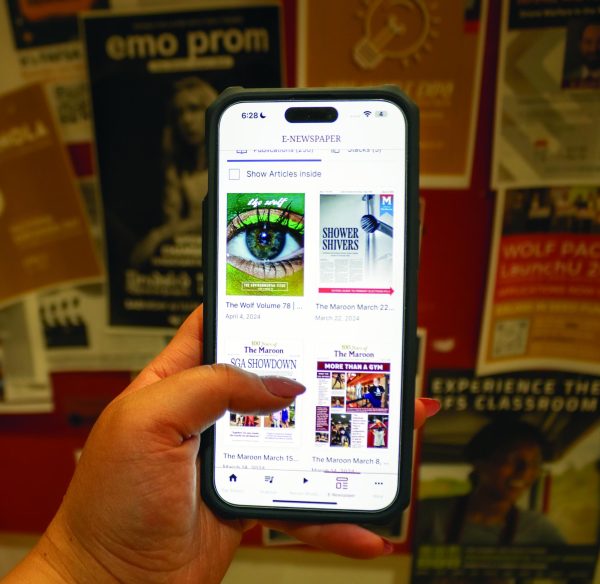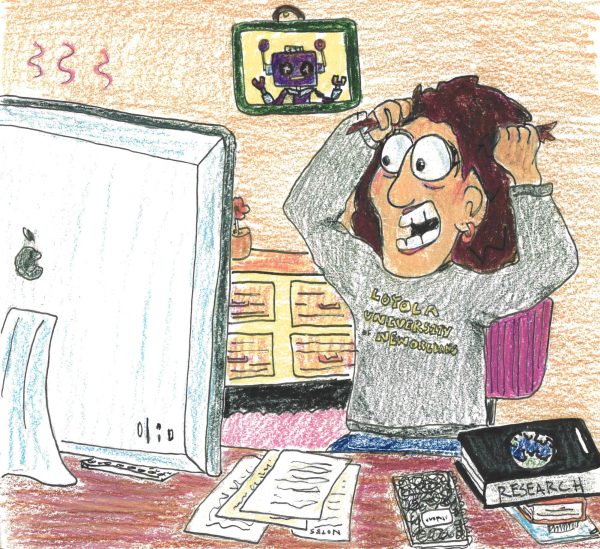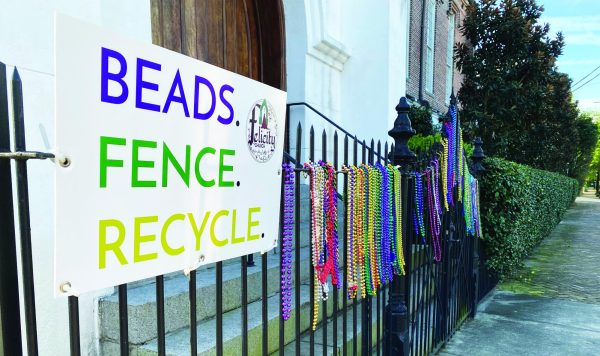Letter to the Editor: Loyola offers sexual assault prevention programming
Letter to the editor
March 13, 2015
The topic of sexual health and education supporting the advancement surrounding this topic is of the utmost importance. While the voice of The Maroon is much appreciated and helps bring a greater awareness to the devastating reality of sexual assault in our community, the article excludes examples, programs and actions that Loyola University New Orleans proactively employs to address this crucial issue.
The following information was shared with The Maroon’s editorial board prior to the February 27 article being published.
All reports of sexual assault are investigated by a Title IX investigator and reviewed by the Title IX Coordinator. In fact, Loyola University New Orleans has the largest number of Title IX investigators of any of the 28 Jesuit campuses, and all of our Title IX investigators have been extensively trained. If a survivor chooses not to make an official report, then each is supported through counseling or with a trained Advocate volunteer. The university has a firm commitment to support survivors through all of the options available, including reporting to the Loyola University Police Department and/or reporting to the New Orleans Police Department. LUPD guides all survivors through the legal process and provides as much support as needed.
The number of sexual assault complaints has recently increased. Loyola is committed to creating a culture of reduced victim-blaming and “no more” sexual assaults at the hands of perpetrators who continue the cycle of violence. A great number of our faculty, staff and students work diligently together in support of a mission-driven, safe and healthy campus through proactive, preventative, ongoing programs such as Take Back the Night, Sexual Non-Violence Week, Compassionate Campus, Walk-A-Mile in Her Shoes, Sex Signals presentation at New Student Orientation, Think About It online alcohol and sexual assault prevention module for first year students, Smardi Gras, Safe Spring Break, residence hall floor presentations before Halloween and Mardi Gras, and the Advocacy Initiative.
Loyola’s Student Health Services has a longstanding relationship with a laboratory to provide affordable STD testing to our students. This was a partnership negotiated several years ago for those students that might be uninsured. In addition to free-of-charge health visits, including well-woman exams and wellness programming, students can locate a myriad of information on sexual health in-person and online. Our highly competent Student Health medical staff is always available for consultation, which is protected by doctor-patient privileges.
When there is a sexual assault on our campus, it is a priority.
We all want to build awareness and prevention surrounding sexual misconduct and ultimately eliminate such abuse from society altogether. Your article mentioned Pope Francis’ expected request for input from the greater community; he has been a great leader and advocate surrounding sexual health and abuse, among other matters. Loyola welcomes any opportunity to constructively critique where we are now and how we can be a healthier, supportive community of faith in the future. More conversation is warranted, and we respect feedback from students, parents, faculty, staff and our greater community.
Loyola University is dedicated to safeguarding against abuse surrounding sexual misconduct through the pursuit of truth, wisdom and virtue.
Alicia A. Bourque, Ph.D.
Director, Counseling & Health Services








